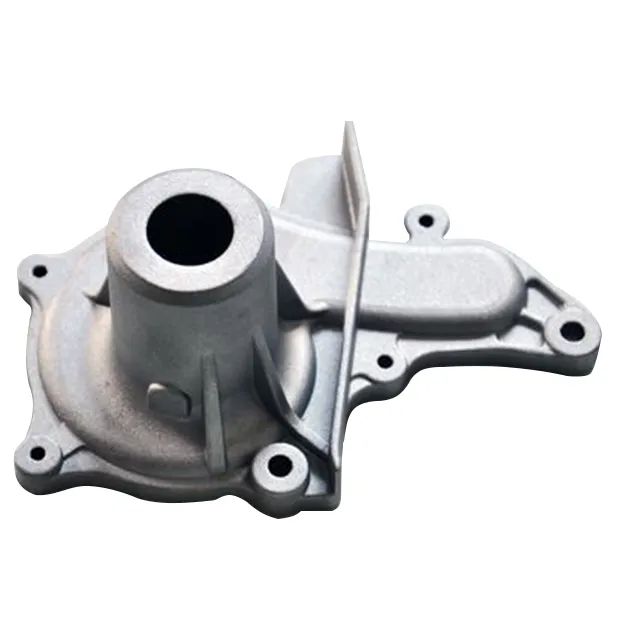Mobile:+86-311-808-126-83
Email:info@ydcastings.com
English
Understanding the Function and Design of Sump Pump Impellers for Efficient Water Management
Understanding Sump Pump Impellers Key Components for Effective Water Management
Sump pumps are essential devices used primarily in basements and crawl spaces to prevent flooding and water accumulation. At the heart of every sump pump is the impeller, a critical component that plays a vital role in the pump's overall efficiency and reliability. In this article, we will explore what sump pump impellers are, their types, functions, and maintenance practices to ensure optimal performance.
What is an Impeller?
An impeller is a rotating component of a pump designed to move fluids by converting mechanical energy into kinetic energy. In the context of sump pumps, the impeller works by drawing water into the pump and then forcing it upwards and out through the discharge pipe. The design and material of the impeller significantly influence the pump's capability to handle various water conditions, including solids and debris commonly found in sump water.
Types of Sump Pump Impellers
There are primarily two types of impellers used in sump pumps open and closed impellers
.1. Open Impellers Characterized by their simple design, open impellers lack shrouds and allow water to flow freely through the blades. This design is particularly useful for sump pumps that may encounter larger debris or solids, as it reduces the risk of clogging. However, open impellers can be less efficient and may require more power to operate compared to their closed counterparts.
2. Closed Impellers These impellers are enclosed between two shrouds, providing a more streamlined flow of water. Closed impellers are typically more efficient, capable of generating higher pressure and pushing water more effectively. They are best suited for applications where clarity and lower solids content are expected, making them common in residential settings with fewer particulates in the water.
sump pump impeller

The Function of Impellers in Sump Pumps
The primary function of an impeller in a sump pump is to create a differential pressure that facilitates the movement of water. As the impeller rotates, centrifugal force throws water outward from the center of the pump. This action creates a vacuum that draws in more water from the sump basin, ensuring a continuous flow. The design and size of the impeller also determine the flow rate and head height (the vertical distance the water is pumped).
Importance of Maintenance
To ensure that a sump pump operates efficiently, routine maintenance of the impeller is essential. Over time, debris and sediment can accumulate on the impeller, leading to clogs and reduced performance. Regularly inspecting and cleaning the impeller can prevent this and increase the lifespan of the pump. Moreover, homeowners should consider checking the pump's performance during heavy rainfall or snowmelt seasons to ensure it responds adequately when needed most.
Additionally, if strange noises or reduced pumping capacity are observed, it may indicate that the impeller is damaged or worn. In such cases, timely repairs or replacements should be made to prevent water damage and maintain the system's integrity.
Conclusion
Sump pump impellers play an indispensable role in water management systems designed to protect homes from flooding. Understanding the different types of impellers and their functions can help homeowners make informed decisions regarding their sump pump systems. With proper maintenance and attention, sump pump impellers can offer reliable performance and peace of mind in safeguarding homes against unwanted water intrusion. As with any mechanical system, knowledge and care are key to longevity and efficiency.
-
Efficient Automobile Water Pump: Reliable Cooling for Engine ManifoldsNewsSep.01,2025
-
Premium Fan Housing & Motor Casing for Optimal AirflowNewsAug.31,2025
-
High-Performance Automobile Water Pump & Electric SolutionsNewsAug.30,2025
-
Expert Stainless Steel Casting | Precision & Durable Metal PartsNewsAug.29,2025
-
Precision Metal Castings: Aluminum, Stainless Steel & Die CastingNewsAug.28,2025
-
Superior Aluminum Castings in Automotive Engine PartsNewsAug.22,2025











